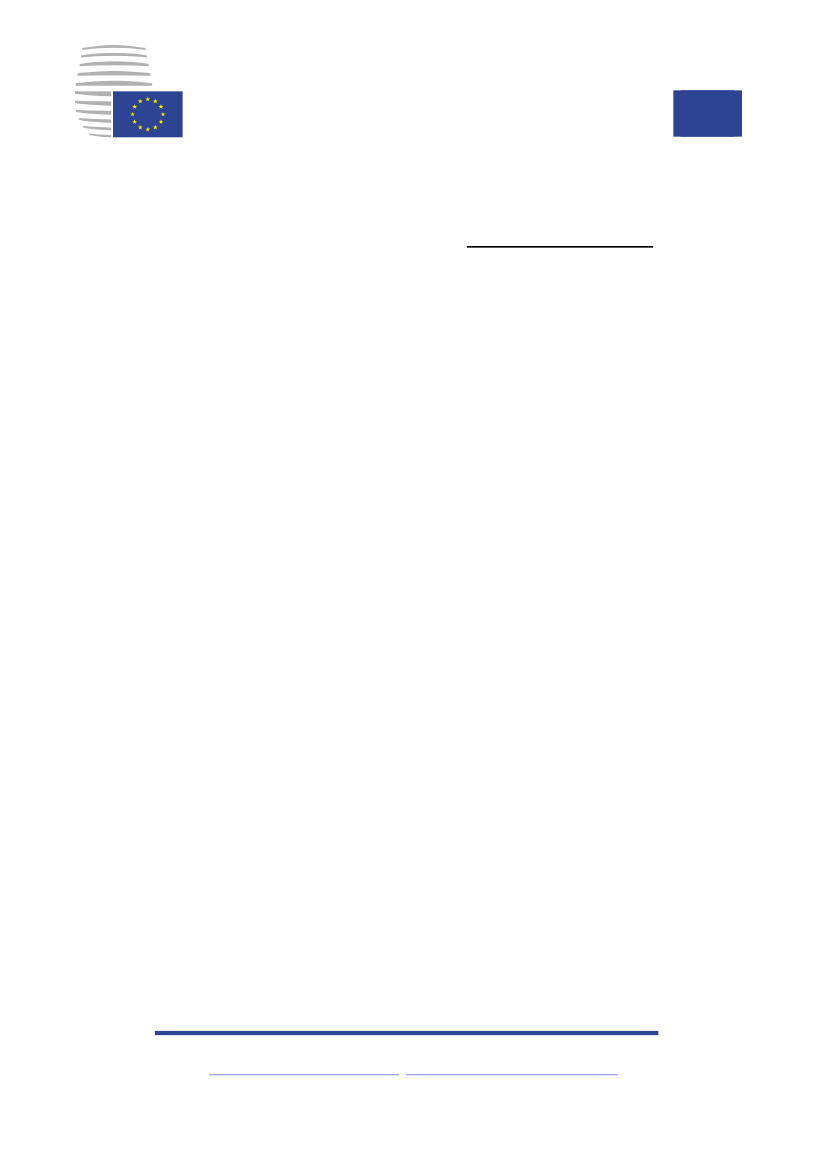
Council of the
European Union
5983/17
(OR. en)
PROVISIONAL VERSION
PRESSE 4
PR CO 4
EN
OUTCOME OF THE COUNCIL MEETING
3516th Council meeting
Foreign Affairs
Brussels, 6 February 2017
President
Federica Mogherini
High Representative for Foreign Affairs and Security
Policy
PRESS
Rue de la Loi 175 B – 1048 BRUSSELS Tel.: +32 (0)2 281 6319 Fax: +32 (0)2 281 8026
[email protected] http://www.consilium.europa.eu/press
5983/17
1
EN